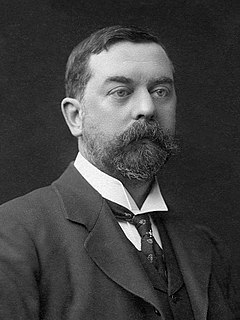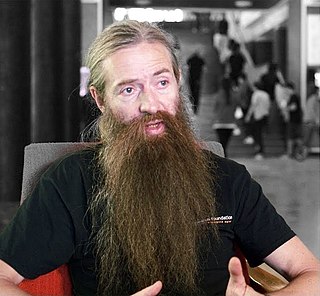A Quote by Edward Bulwer-Lytton, 1st Baron Lytton
The imagination acquires by custom a certain involuntary, unconscious power of observation and comparison, correcting its own mistakes, and arriving at precision of judgment, just as the outward eye is disciplined to compare, adjust, estimate, measure, the objects reflected on the back of its retina.
Related Quotes
Impressionism' was the name given to a certain form of observation when Monet, not content with using his eyes to see what things were or what they looked like as everybody had done before him, turned his attention to noting what took place on his own retina (as an oculist would test his own vision).
'Impressionism' was the name given to a certain form of observation when Monet, not content with using his eyes to see what things were or what they looked like as everybody had done before him, turned his attention to noting what took place on his own retina (as an oculist would test his own vision).
Men look on knowledge which they learn--or might learn--from others as they do on the most beautiful structures which are not their own: in outward objects, they would rather behold their own hogsty than their neighbor's palace; and in mental ones, would prefer one grain of knowledge gained by their own observation to all the wisdom of a thousand Solomons.
Drawing instruction is a training towards perception, exact observation and exact presentation not of the outward appearances of an object, but of its constructive elements, its lawful forces-tensions, which can be discovered in given objects and of the logical structures of same-education toward clear observation and clear rendering of the contexts, whereby surface phenomena are an introductory step towards the three-dimensional.
The essential fault of surrealism is that it invents without discovering. To make a clam play an accordion is to invent not to discover. The observation of the unconscious, so far as it can be observed, should reveal things of which we have previously been unconscious, not the familiar things of which we have been conscious plus imagination.
Jealousy is comparison. And we have been taught to compare, we have been conditioned to compare, always compare. Somebody else has a better house, somebody else has a more beautiful body, somebody else has more money, somebody else has a more charismatic personality. Compare, go on comparing yourself with everybody else you pass by, and great jealousy will be the outcome; it is the by-product of the conditioning for comparison.
You see, it's really quite simple. A simile is just a mode of comparison employing 'as' and 'like' to reveal the hidden character or essence of whatever we want to describe, and through the use of fancy, association, contrast, extension, or imagination, to enlarge our understanding or perception of human experience and observation.





































